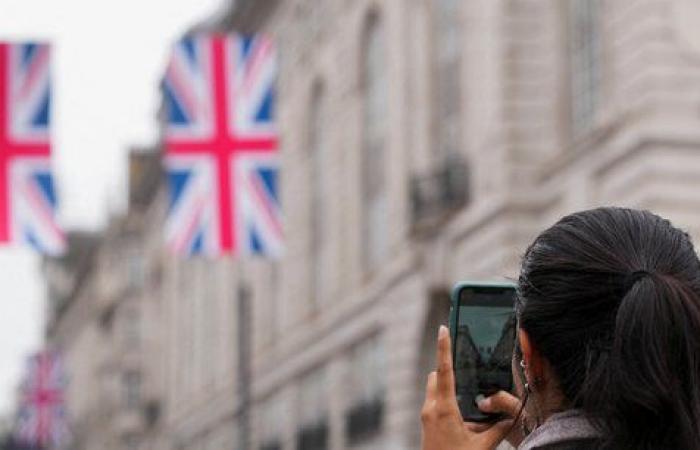With less than two weeks to go before elections in which the Labor opposition is widely expected to win, private sector activity slowed down in June in the United Kingdom. “ This partly reflects the uncertainty » many companies that “ are putting their decision-making on hold while awaiting clarification on various policies “, explains Chris Williamson, economist at S&P Global.
The Flash PMI index, a leading growth indicator published this Friday by S&P Global, stood at 51.7 in June. If an index above 50 signals economic expansion, this has however slowed and the figure is at a 7-month low, specifies the monthly report.
Elections in the United Kingdom: can the improvement in the economy save the Conservatives from defeat?
Persistent inflation
But even if “ a slowdown in economic growth may only be temporary “, persistent inflation in the services sector and rising business costs, particularly in manufacturing, are fueling further inflationary pressures, warns Chris Williamson.
“ Continued price pressures could mean slower, smaller rate cuts » of the Bank of England, which on Thursday maintained its key rate at its highest level since 2008, according to according to Ashley Webb, at Capital Economist. However, a high key rate translates for individuals and British businesses into a surge in credit costs, particularly real estate.
However, British inflation slowed to 2% year-on-year in May, for the first time in almost three years, returning to the Bank of England’s target and bringing good news to the Conservative government campaigning for legislative elections. As a reminder, inflation had risen to more than 11% at the end of 2022, generating a serious purchasing power crisis in the United Kingdom.
After having long been a thorn in the side of Rishi Sunak’s conservative government, inflation is now one of his campaign arguments, with Downing Street largely taking credit for the decline in prices. Especially since the price increase does not seem to discourage consumers, while retail sales in volume increased by 2.9% in May, after a decline the previous month due to rainy weather, according to data published Friday by the National Statistics Office (ONS).
The British have also shown a certain renewed optimism in recent months, according to a consumer confidence index from the GfK institute, also published on Friday.
France’s excessive deficit: the hammer blow dealt by Brussels to the government
Stagnation in April
However, British economic activity, which rebounded in the first quarter after a recession at the end of 2023, also stagnated in April, according to data published earlier in June. The United Kingdom emerged in the first quarter from the recession into which it fell at the end of 2023 and saw its economic activity pick up faster than expected, with GDP increasing by 0.6%.
The news was welcomed by Conservative Prime Minister Rishi Sunak, who is campaigning on the fact that the British economy ” has reached a milestone » since he called legislative elections for July 4 at the end of May.
“ GDP stagnation in April does not mean the economic recovery is over, but it is not good news for the Prime Minister three weeks before the election », Commented Paul Dales, analyst at Capital Economics, in early June.
Control expenses
As for public finances, another issue of the British electoral campaign, the public debt widened further in May and has been flirting with 100% of GDP for several months (99.8% in May), the ONS further indicated. Friday. Such levels of debt have not been seen since the early 1960s in the country and are notably the consequence of government economic support during the pandemic.
In growing difficulty in the polls, Prime Minister Rishi Sunak returned in June, without arousing enthusiasm, to the conservative fundamentals by promising in his program to lower taxes and reduce immigration.
For his part, the big favorite of the legislative elections in the United Kingdom, the leader of Labor Keir Starmer assured that he wanted to bring back the “ stability » after the turbulence of 14 years of conservative power, with a program focused on economic growth and assumed prudence.
(With AFP)






